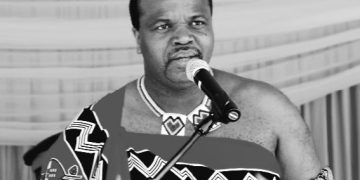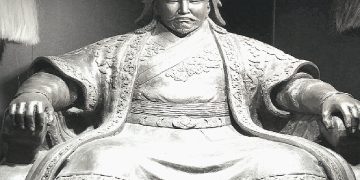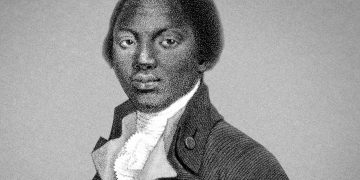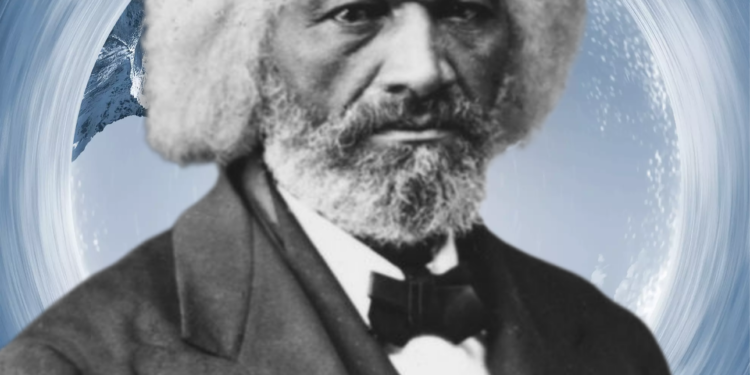Frederick Douglass, born into slavery in 1818, rose to become one of the most influential figures in the fight against slavery and a champion of civil rights and equality. His life story is a testament to the power of education, perseverance, and the unwavering commitment to justice.
Douglass escaped from slavery in Maryland in 1838 and made his way to the North, where he became a prominent abolitionist, writer, and orator. He used his own experiences as a slave to shed light on the brutal realities of slavery and to advocate for its abolition. His narrative, “Narrative of the Life of Frederick Douglass, an American Slave,” published in 1845, became a bestseller and brought international attention to the horrors of slavery.
Douglass was not only a powerful writer but also a captivating speaker. His speeches were known for their eloquence, passion, and unwavering call for equality. He was a key figure in the abolitionist movement and worked closely with other prominent activists such as Harriet Tubman and Sojourner Truth. You may also like Dr Martin Luther King Jr
After the Civil War, Douglass continued to fight for the rights of African Americans, advocating for suffrage, education, and equality. He was the first African American to hold high-ranking government positions, serving as a U.S. Marshal, recorder of deeds in Washington, D.C., and U.S. Minister to Haiti.
Frederick Douglass’s legacy extends beyond his activism in the abolitionist movement. He was a firm believer in the power of education and knowledge as tools for liberation and empowerment. Douglass understood that education was key to breaking the chains of ignorance and oppression that held many African Americans captive.
In addition to his tireless advocacy for the abolition of slavery, Frederick Douglass was a staunch supporter of women’s rights. He believed in the equality of all individuals, regardless of race or gender, and he actively supported the suffragist movement. Douglass worked closely with prominent suffragists such as Susan B. Anthony and Elizabeth Cady Stanton to advocate for women’s right to vote and participate fully in society.
Douglass’s commitment to justice and equality was not limited to the United States. He was a strong advocate for international human rights and condemned colonialism and oppression around the world. Douglass’s influence extended beyond his own time, inspiring future generations of activists and leaders in the ongoing struggle for equality and justice.
Frederick Douglass’s life and work serve as a reminder of the power of courage, resilience, and determination in the face of adversity. His dedication to the principles of freedom, equality, and justice continues to resonate today and serves as a guiding light for those who strive to create a more just and equitable world for all.
Throughout his life, Douglass remained committed to the cause of freedom and equality for all. His legacy continues to inspire generations of activists and advocates for social justice. Frederick Douglass’s contributions to the abolitionist movement and the fight for civil rights are a testament to the power of one individual to effect change and make a lasting impact on society.













Comments 1